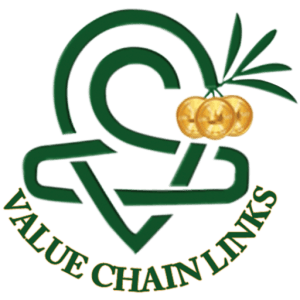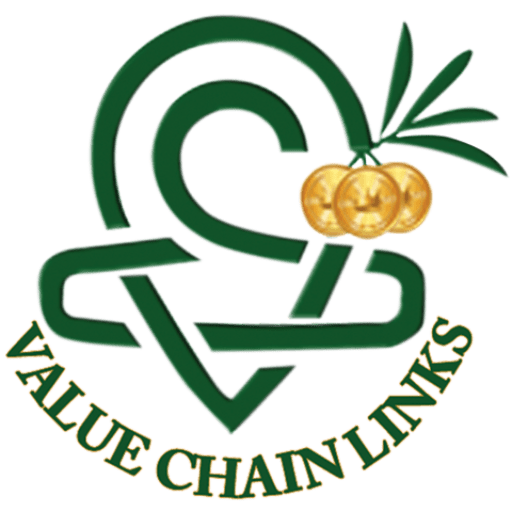IS IT POSSIBLE TO BRIDGE THE NON-TECHNOLOGICAL GAPS OF QUALITY-QUANTITY?
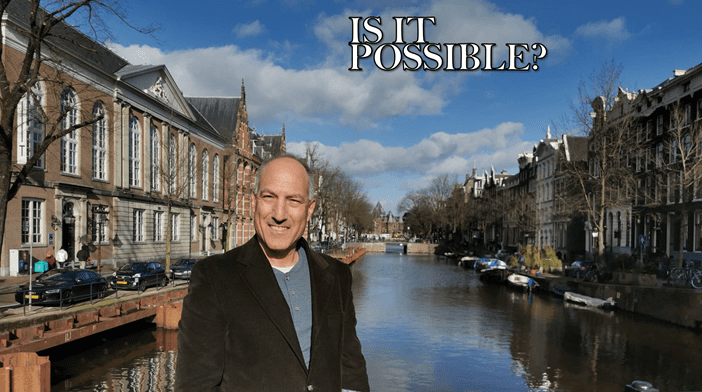
by dr. Nimrod
All (100%) of the smallholders I meet in Africa and Asia understand and want to change how they practice agriculture and business to improve their livelihood. They ask for help!
Even though they didn’t go to Harvard Business School, they understand that their income will increase by providing their clients with higher-quality produce.
Farmers self-reflect and understand the need for change and improvement, so should we continuously do.
This is true, unless you believe we are perfect, having nothing to improve and no need for self-reflection!?
Are we perfect, or should we improve? Which approach provides better long-term business results?
And one more thing. In this column, I use Senegal as an example. I do it because Senegal is a market leader and currently has the best potential to become the EU’s #1 African mango exporter. In many posts, I expand on the virtues of the Senegalese mangos. But because Senegal represents well other emerging economies, I use it to describe a general challenge related to Quality vs. Quantity.
I am looking forward to your feedback on the below.
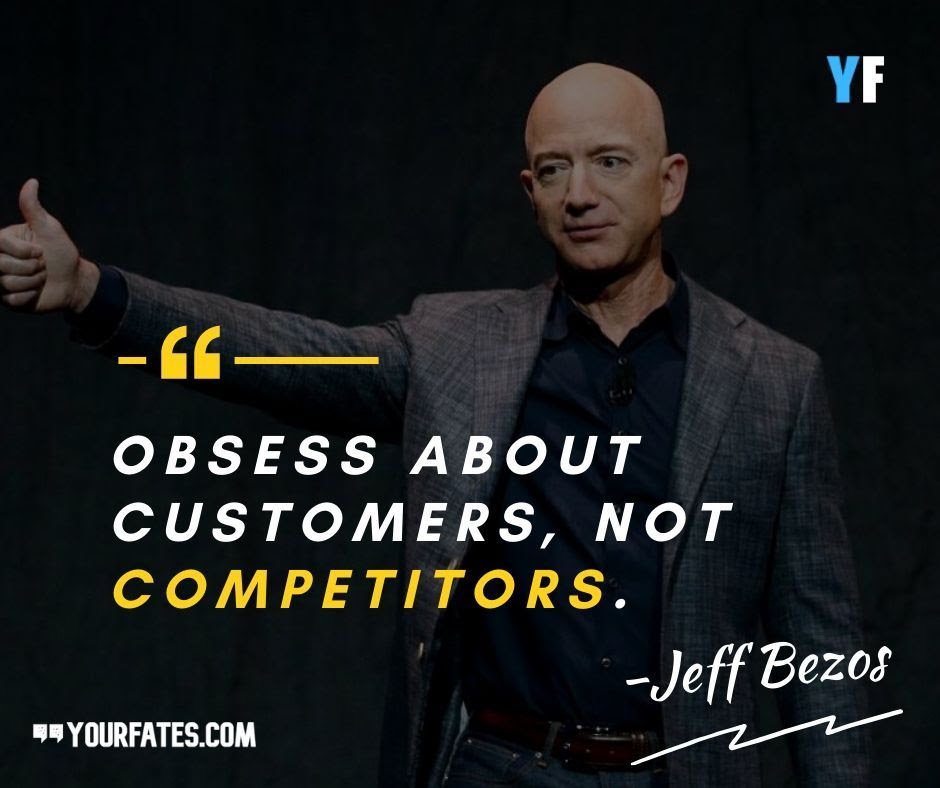
THREE STORIES
These stories reveal ongoing problems common throughout Africa, Asia, and beyond, even when thinking of Market Leaders. Hence, you can conclude that others, not “market leaders,” are doing less good.
FIRST – THE FARMER
An African farmer sends me a message on LinkedIn –
Farmer: I have 100 hectares of wonderful forest land. It is suitable for growing many things. I’m looking for a partner.
I: A partner? What are your expectations? What do you bring to the partnership, and what do you expect the other party to bring?
Farmer: I bring the land; the partner should bring the money, the knowledge, and the market.
I: There is a lot of good lands all over the world. Why should “the partner” invest in you, i.e., your land?
Summary of the gap:
For the farmer, his land is unique and precious. But, for an investor, the farmer’s land is simple and ordinary “land.”
In short, from the investor’s point of view, investing in a farm in Africa is a considerable business risk that professional investors would not take. The positive side to this story is that the farmer understands that he needs help to move forward.
SECOND – THE PEOPLE
I spend the spring and summer of 2021 in Senegal, studying its mango industry and building the foundations of the Dream Valley program there.
I saw the high potential of the mangos in the different regions of the country. By helping farmers reach global premium markets, I could see how we could rapidly increase their income while creating a good business proposition for Dream Valley and its investors.
I was so satisfied with the mangos’ quality potential. When fruits were mature enough, I harvested a few by myself from the Casamance (the region where damage by fruit flies is the most severe) and gave them in-person to Senegal’s President, Mr. Macky Sall.
But “potential” is not the same as “results.” Many have the “potential” to become the next Astronaut and touch the stars. But few managed to make it their reality.
You don’t go to the market with “potential” money.
As to the “results” of the mango campaign, while I was in Senegal, I continuously heard everybody saying how wonderful and successful the Senegalese mangos are. Everyone praised that Senegal’s mangos are the best in the EU market.
They didn’t say they could be the best, but they are presently the best.
And as if to prove the point, Senegal even increased (nearly doubled) its mango export to the EU in 2021 (thanks to sourcing fruit from the Dream Valley fruit fly free produce).
But I was confused; I couldn’t bridge the gap in my mind: the mangos I saw reaching the packinghouses were of low quality, i.e., maturity (too early harvest), taste, color, size, etc. Yet, everybody says how successful they are in the EU market.
I see many low-quality fruits shipped to the EU, and I hear there is good demand and pricing. I asked myself, “Is this possible? What am I missing here!?”
Summary of the gap:
Farmers and exporters are sure that their mangos are the best.
I was confused;
» In the field, I see the high-quality potential.
» In the packinghouse, I see low-quality reality, and
» People say that the EU market loves it and pays for its high quality.
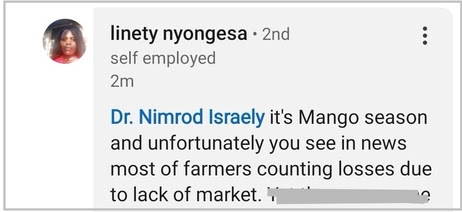 A LinkedIn message from Linety, Kenya. When you have low-quality mangos, like all others, you are left with the fruits and the losses. A LinkedIn message from Linety, Kenya. When you have low-quality mangos, like all others, you are left with the fruits and the losses. |
 . . |
THIRD – THE IMPORTERS
This week I spent in Europe meetings, mango importers. Some of them are market leaders, supplying leading food chains/supermarkets.
I was expecting remarks regarding the mangos’ quality, but I wasn’t ready for its level.
It was not pleasant nor easy hearing the reality as these EU importers view it, but it was educating and necessary.
I had to take a deep breath and accept that to help smallholders to increase their income through increased high-quality mango export; we must first face reality as is.
The “cost” now is the “pride.” But, if we fail to learn what importers want, we will suffer significant financial losses later. That must not happen. We must accept reality now.
Here are a few (unpleasant) representing phrases. Since conversations below represent a general problem, the country’s name is irrelevant.
“The mango quality coming from _____ is low. A lot of post-harvest problems…”
“Mango quality is a disaster…”
“We don’t work with _____or other African countries because of quality issues…”
“We have a full program of importing from LATAM…”
“The price of _____ Mangos is extremely high and not realistic…”
“We are not happy with our _____ importer. We are looking to replace him…”
“Quality is our number one priority…”
“Sourcing mangos from _____ (Africa) would be great due to the short time of shipping, and the potentially better quality.”
While I listened to them, I had to remind myself that –
(a) Importers know what their clients want, and they are ready to pay.
(b) We must satisfy the dreams and desires of the importers and their clients, so they ask us for more supplies.
(c) Working with the Israeli mango industry for 22 years, I know the EU importers’ demands make sense.
Summary of the gap:
Importers would love to import from African mango growers under one condition – the produce has to be of high quality. Everything is negotiable, but not the quality.
A WORLD VIEW COLLISION
African countries desire to increase the quantity of produce exported to the EU and other premium markets.
Rushing to achieve that goal, they skipped, or neglected, the one thing that is the most important in the EU and other premium markets – the quality!
Hence, by failing to achieve EU basic requirements, they fail to achieve their own goal, and consequently, the quantity even decreases.
EU importers have clear goals and targets as set by their clients. No shortcuts or tricks would work other than complying with those demands, or even better.
Supplying higher quality than the minimum required is the basic and hardly the starting point.
To penetrate and win the hurt of the EU prime markets’ consumers, one needs to go the extra mile and excel over “the best of today.”
THE GAP, IN SHORT –
The fresh mango market in the EU and other premium markets is QUALITY-oriented.
The fresh mango market in emerging economies is QUANTITY-oriented.
Lookout, it’s not going to be simple bridging the gap.
THE MISSION
The faster and better we “connect” to stakeholders’ realities (and requirements), the sooner we can increase fresh produce export from emerging economies and improve smallholders’ livelihood.
Dream Valley serves as a mediator between producers and consumers, doing to the agro-industry in emerging economies what Airbnb did to accommodation and Amazon to goods’ trading. We call it “democratizing” the industry by enabling everybody accesses to the global premium markets.
Dream Valley’s FIRST goal is to ensure that the QUALITY of produce its buyers – consumers receive – is the top in its category. Demand for Quantities will follow soon after.
To that end, Dream Valley provides A Package of required services to its value chain partners, i.e., farmers, packinghouse, exporters, importers, supermarkets, etc.
Dream Valley mission and vision are –
“To improve farmers’ livelihood by increasing yields and quality production, free of bio and chemical hazards, grown in a safe, eco-friendly environment, to enable the consumers to enjoy better and healthier food and life.”
THE BUSINESS
Starting with a concept and vision and then working your way up is the right way to achieve your goals. In our case, we wish to build a successful and thriving agro-industry that would bring prosperity to smallholders.
With the Israeli Agricultural Model in mind, it was evident that providing a high-quality solution to the fruit flies’ biosecurity problem is a GO – NO-GO for the rest to come in emerging economies.
We focused on high-value crops, such as mangos, in emerging economies.
But how do you do it without a perfect solution to fruit flies!?
It is impossible. We had to have “The perfect solution.”
Then Biofeed came with its Freedome, breaking through zero-spray technology for fruit fly control. This was completed with Biofeed’s FFCTZ protocol (Fruit Fly Certified Trade Zone), energized by the Freedome technology.
Thanks to Biofeed’s breakthroughs, the Dream Valley program can now source mangos, and other crops sensitive to fruit fly from anywhere and export them everywhere.
Today, Dream Valley can source high-quality mangos, even from African/Asian smallholders.
Dream Valley’s mission is to ensure that the importers and consumers get what they want and want and are ready to pay the best price.
To this end, the entire value chain must stand to the high-quality demands required by the importers representing the Premium Markets.
Hence, to make this work smoothly, Dream Valley represents the Importers when talking with the value chain stakeholders in the country of origin, and vice versa when talking with the importers.
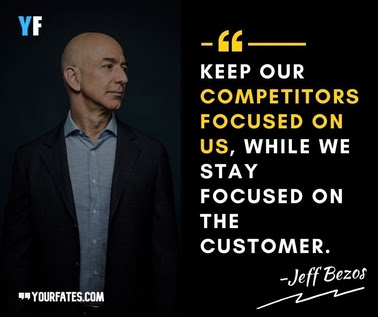
| HAPPY HISTORIC TIMESAfter years of hard work, the above-mentioned is fulfilled, or the least is achievable.Dream Valley can be applied locally and regionally to the FFCTZ 9energized by Freedome technology). Hence, producing mangos free of biosecurity hazards and pesticide sprays.But Dream Valley model, with its FFCTZ protocol, is designed and aimed to operate as a national program.They are far more effective in reshaping the agro-industry in emerging economies when applied in a systematic approach.For a good reason, the full name of Dream Valley is Dream Valley National Export Program. REINVENT YOUR AGRICULTUREIf you think Dream Valley is useless and one more “nice talking,” like you have heard many times before, then save your time. Please don’t contact me.Based on results (not “potential”), now we know that the skies are the limit. Those who know me and my ambitions would say that “even the skies are not the limit.”Now it is time for action for you. If you feel and intuition that it can serve your business/vision/country well, please send me a message. Maybe we can change your world and that of others together. |
| TAKEAWAYS» THERE IS MORE THAN one reality. In business, “the reality” that matters is the consumers.» TO AVOID MARKET rejection, be brutal with what you demand from yourself, or the market will.» FOR THE SAKE of smallholders, we must fully comply with the market demands.» FOCUS on your clients, not yourself or competitors.» TO MARKET TO premium markets you must focus on quality. |
| If you enjoyed the article please share it with friends & colleagues. |
